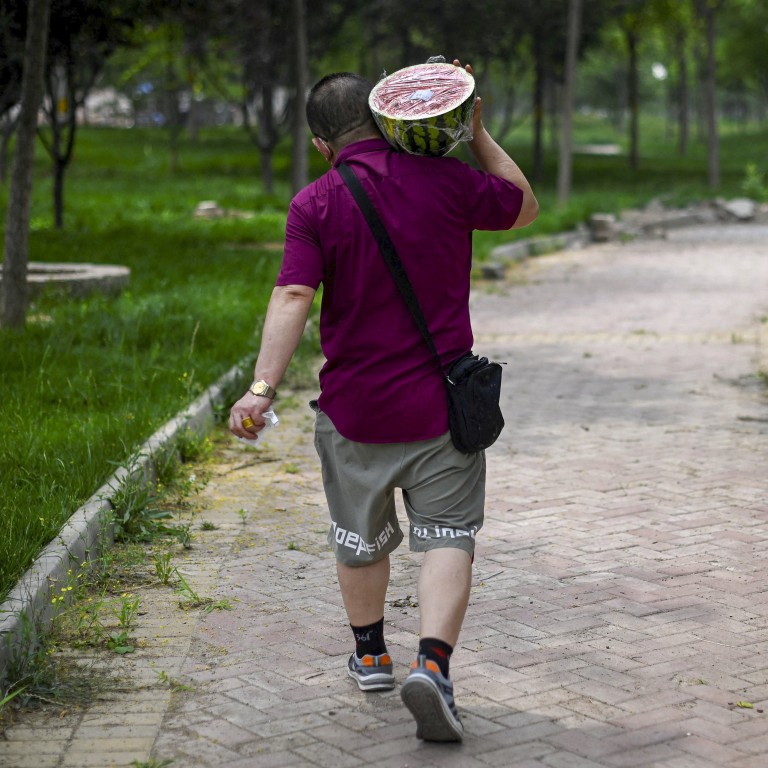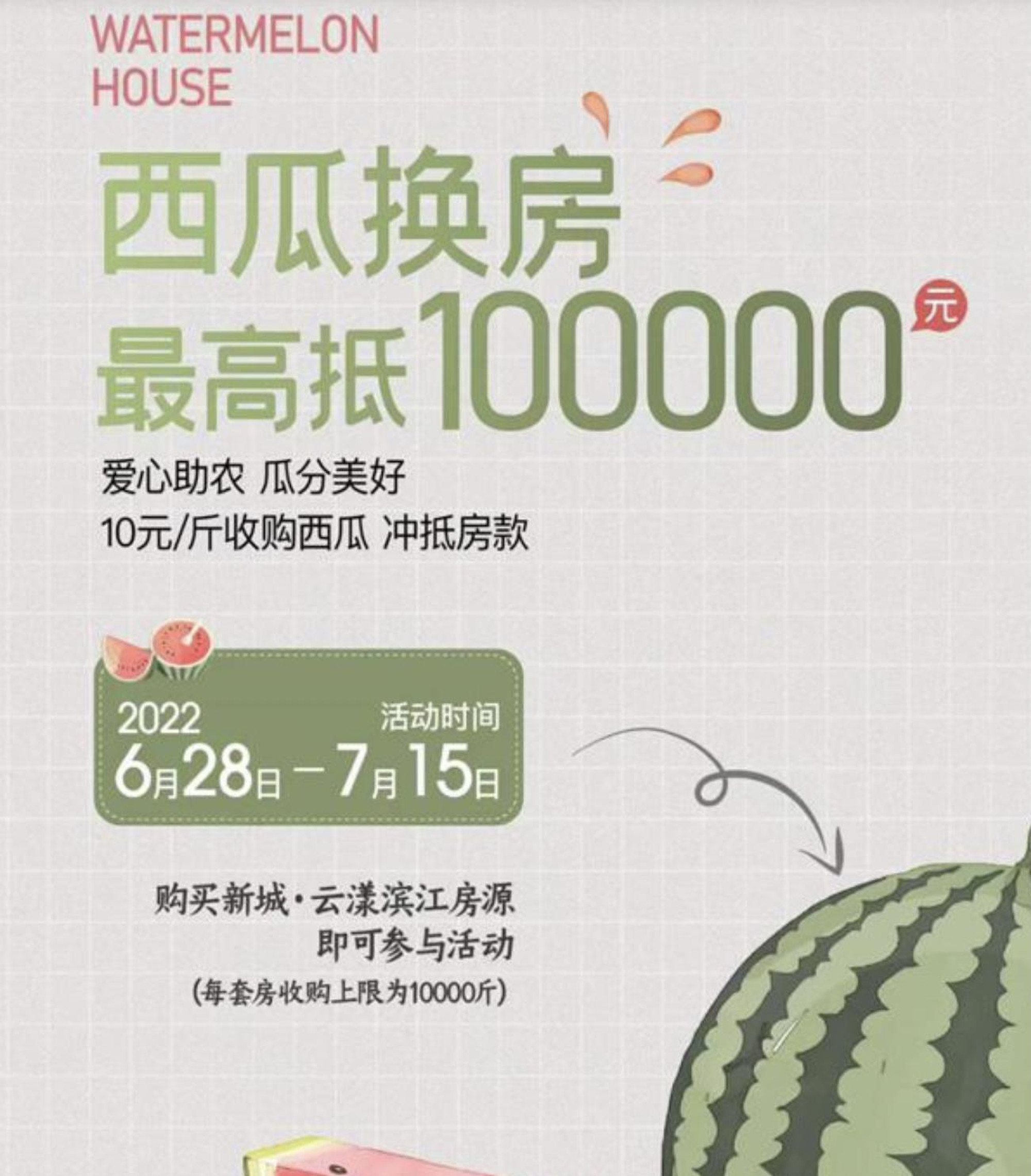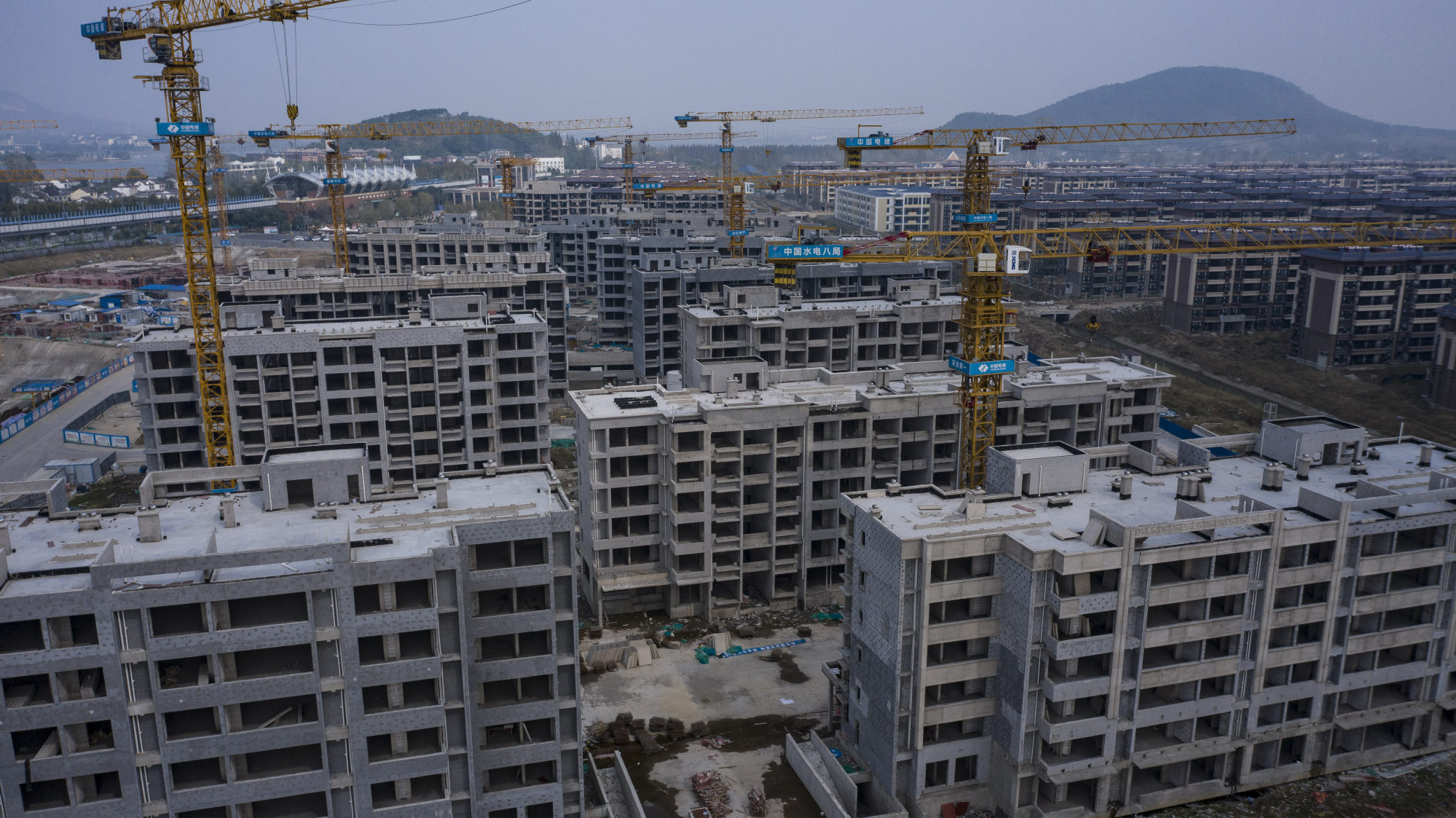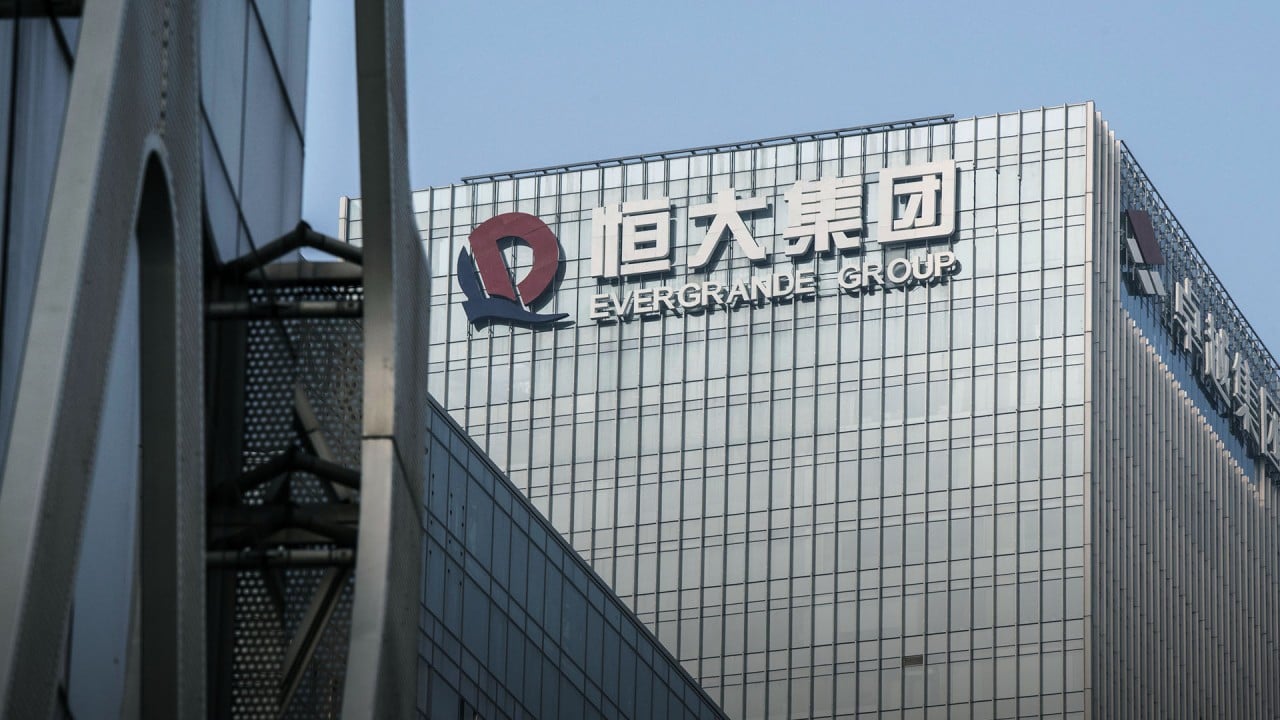
Tasty discounts: China property firms accept watermelon, garlic, peaches as partial payment for new homes amid housing slump
- Restricted from cutting prices in a slumping market, creative developers have started accepting bulk produce to offset part of the price of a new home
- In one case a developer offered US$14,921 off a home price in exchange for 5,000kg of watermelons – at least five times the market rate
Amid a months-long slump and with local governments not allowing large price cuts, a developer in Nanjing in June invited buyers to sell it up to 5,000kg of watermelons to offset 100,000 yuan (US$14,921) of the price of a new flat. A developer in Henan province accepted about 430,000kg of garlic from buyers over 16 days in late May and early June, helping it sell 30 homes. In Wuxi, in Jiangsu province, homebuyers could provide peaches to offset up to 188,888 yuan per unit.
“Local governments do not allow price cuts at will, so developers can only sneakily find ways to cut prices,” said Zhang Dawei, chief analyst at Centaline Property Agency.
Nanjing’s Seazen Holdings launched the watermelon scheme, which was meant to run from June 28 to July 15, according to a graphic circulated online. The housing price there is about 18,800 yuan per square meter, translating to around 1.5 million to 2.3 million yuan per housing unit.

The wholesale price of a kilogram of watermelon in Nanjing is between 2 yuan and 4 yuan, according to trade data platform Xiggua. By offering to pay 20 yuan per kilogram (100,000 yuan for 5,000kg), the developer was effectively paying at least five times the market rate for the juicy fruits.
Seazen Holdings said the plan is on pause, as the scheme needs to be perfected, according to state-backed digital news outlet The Paper.
Housing prices fell 0.1 per cent in May in 70 major Chinese cities, compared with a year earlier, according to the National Bureau of Statistics of China. At the same time, most of the top 100 real estate firms met less than 30 per cent of their target as of late May.

“It is not possible to directly reduce the price, so [developers] used another way to cut prices,” said Li Yujia, a senior economist at the Guangdong Urban and Rural Planning and Design Institute, a policy advisory body.
Developer Central China Real Estate in Henan province launched its wheat or garlic promotion in May, accepting wheat at 4 yuan per kilogram or garlic at 10 yuan per kilogram, to offset up to 160,000 yuan.
The scheme attracted close to 3,000 inquiry calls between May 22 and June 6, with 30 units sold and 430,000kg of garlic traded. The wheat scheme was halted two days after it was launched.
Such tactics are likely to continue, said Andy Lee, CEO of Centaline China.
“In some cities, if the price reduction is not big enough, buyers will not make purchases,” said Lee. “In some places, sales are not satisfactory, so developers lack capital.”
Major Chinese cities see more land auctions being scrapped, as developers stay away
However, if developers try too many of these tactics, Lee said it is more likely that local governments will put a stop to the promotions rather than relax their restrictions on price reductions.
In at least 22 mainland cities, including Tangshan, Kunming and Huizhou, authorities are enforcing actions to prevent developers from reducing home prices at will, or by more than 10 to 15 per cent, according to The Paper.
“A drastic price cut by developers will disturb the market,” said Yan Yuejin, research director at Shanghai-based E-house China Research and Development Institute. “Local governments have more requirements to limit the housing price-cut to stabilize the society.”
For example, in 2018, Country Garden Holdings faced angry protests from buyers in Shangrao, Jiangxi and Shanghai, after the company decided to cut its prices by 30 per cent.
Among the top 100 housing firms, total sales suffered a 50 per cent sales drop from January to May, compared with the same period last year.
For instance, Seazen Holdings recorded revenue of 51.2 billion yuan from January through May, which was 45.9 per cent lower on a year-on-year basis. Its stock opened at 24.70 yuan on Monday, down more than 50 per cent from the peak of 51.23 yuan at the beginning of 2021.
The strategy of boosting home sales with watermelon is “unnecessary” in Nanjing, as Nanjing’s housing market is generally stable, though the market in Henan is facing a glut of inventory, Yan said.
In such promotions, buyers should beware if a developer does not actually insist on acquiring the produce in question – be it watermelons or peaches or anything else – because failing to do so would in effect be providing a direct discount, which would risk violating local government restrictions.
Some developers have also deployed more traditional promotions, such as a developer in Lianyungang, in Jiangsu province, which provided 100kg of pork, worth about 5,400 yuan, as a deal sweetener for buyers.



